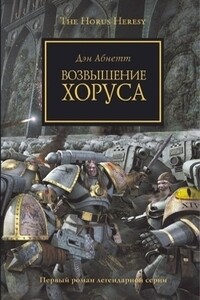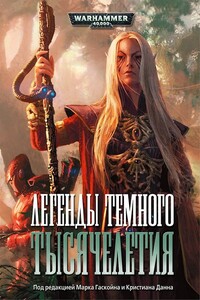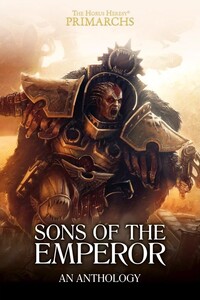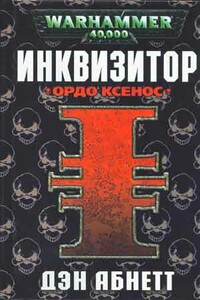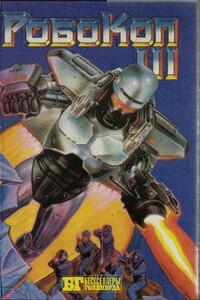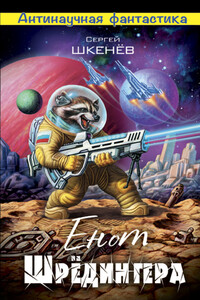I wondered if the pitiful white things were a separate race enslaved by the saruthi, or a bastardised, mutant caste kept in servitude. The invasion, it seemed, had freed them to turn on their owners and butcher them. Such is the price of slavery, sooner or later.
The slave-things offered us no threat. They didn't even appear to notice the humans moving amongst them. With silent, methodical determination, they mutilated the bodies of the saruthi.
In another chamber, an oval dish with tessellated tiles and a strangely warm atmosphere, living saruthi milled aimlessly in their hundreds. Some had lost stilts and were limping, others lay in trembling masses, their skulls flopped back on their bodies. The smell of liquorice, or whatever it was, reeked here. As we watched, white slave-things lumbered into the chamber through another tetragate and began to twist apart and maul the saruthi, one by one, with the calm, methodical motions of insects. The saruthi offered no resistance.
This story was repeated in other chambers and curving halls, saruthi lay dead or meandering without purpose, freed slaves finding them by touch and dismembering them.
I wonder, even now, as to the meaning of these alien scenes. Had the saruthi given up, resigned to their doom, or had some other circumstance stolen their will to live and resist? Not even the tech-priests or the xenobi-ologists could provide an answer. There is, ultimately, only the fact of their alien nature; abstract, inscrutable and beyond the capacity of the human mind to fathom.
When we found the archpriest Dazzo, he was close to death.
A battle of titanic proportions had taken place in the tetrascape where he lay. Thousands of dead lay on the tiled floor: Mirepoix infantry and heretic troops alike. Two Children of the Emperor and three Deathwatch were among the fallen. The tetrascape, by far the largest of any we had seen in the edifice, reached away beyond the curve of all human dimensions, and the jumbled corpses covered the endless floor into infinity.
Dazzo lay at the foot of an asymmetrical block that rose from the tiles like a standing stone. His body was torn by gunshot wounds. Heldane sat nearby, his back to the great block, guarding the archpriest with an autopis-tol. Heldane's torso was smirched in blood and his breathing was laboured.
He saw us approach through the tetragate and lowered the gun weakly.
'What happened here, Heldane?'
A battle/ he said, wheezing. 4Ve came upon it as it was raging. When Inquisitor Endor saw this wretch, he drove us into the fight to reach him. It was a blur after that.'
Where's Endor?' I asked, looking around, hoping I would not see his corpse among the dead.
'Gone… gone after Locke.'
'Which way?'
He pointed weakly to a tetragate on the far side of the sea of bodies.
'Does Locke have the Necroteuch? The saruthi Necroteuch, I mean?'
'No/ Heldane said. 'But he has the primer/
The what?'
'Dazzo got it out of this thing somehow/ he said, slapping the stone block that supported him. A language primer. A translation tool. Without it, the saruthi version of the text is unreadable to us/
'How in the Emperor's name did he do that?' Guilar asked.
'With his mind/ Heldane said. 'Can't you feel that after-burn of the psychic effort?'
I found that I could. The mental taste of a mind almost burned out. The raised block was clearly another part of the saruthi's mysterious technology, perhaps the equivalent of an Imperial cogitator, perhaps something more sentient, even something alive. Dazzo, whose psychic abilities I already knew to be monstrous, had identified it and psychically assaulted it, forcing it to give up its secrets. An extraordinary feat of the mind, a triumph of will.
A polyhedron/ Heldane added. 'Irregular, small, made of pearl, it seemed to me. It just came out of the block into his hands. Materialised. I saw it happening as I fought my way to them. But the effort destroyed his mind. Endor cut him down. He hadn't the strength to resist/
'How do you know it was this… primer?' asked Bequin.
